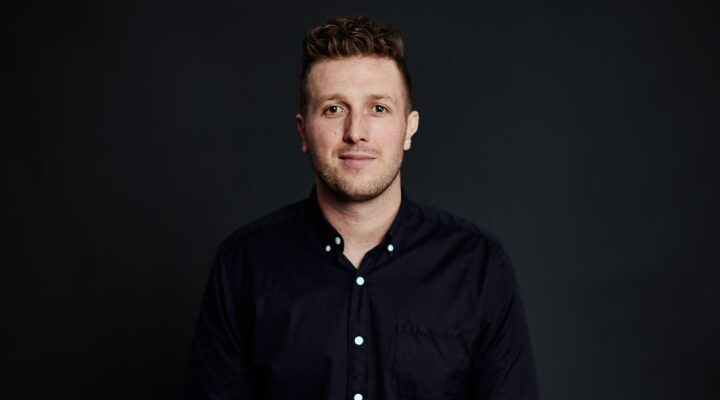Purpose-driven personal care brand Thankyou has undergone a massive shift in recent years, but its co-founder, Daniel Flynn, has remained steadfast. From the early days of door-to-door selling to reshaping the brands’ charitable focus across the world, Flynn has been there every step of the way. Here, he speaks about his journey with the brand, his ‘blue sky’ focus, and why saying no can sometimes be more valuable. Inside Retail: Tell me about your career journey. How did you get into
into the retail industry, and what are some of the different roles you’ve held along the way?
Daniel Flynn: My retail journey began in 2008 when I co-founded Thankyou – little did I know how much of a rollercoaster it would become.
When we first started, we would go door to door selling our first product (water) to cafes and independent retail stores. In time, this grew to pitching to all of the largest retailers in the country, only to be met by constant rejection.
We would get no after no, but we refused to give up – although we did come close to it. We were forced to think outside of the box, and so began the unconventional consumer-led campaigns we’ve become known for, which landed us in 7-Eleven, Coles and Woolworths.
In the early days, the process of landing those accounts and then properly managing them was a huge learning journey and often felt as though we had no idea what we were doing, but we’re proud of where we are today.
IR: What does a typical day look like for you?
DF: One of the most interesting parts of my role as managing director of Thankyou is that there are very few ‘typical days’. No two days are quite the same, and I love that about it.
But I could split it into three general buckets; there’s BAU (business as usual), and in this bucket, I’m often problem-solving issues that have arisen or looking for ways to optimise the current business.
There’s the growth bucket, and here I’m involved in developing overall strategy as well as ideating new products and exploring new growth opportunities; this also includes pitching ideas, helping promote the brand through interviews, podcasts or speaking engagements and mapping new communication strategies to help grow brand awareness.
Then there’s the super fun bucket that I like to call ‘blue sky’. It’s the big, future ideas we are working on that not many get to see yet but are ones that will step-change our organisation and move us toward the mission in a big way.
This bucket often feels like I’m back in the early days of Thankyou in start-up mode — dreaming big and exploring what’s possible – but with a little more brand momentum and resources available.
IR: What advice would you give someone who wants to get into your line of work?
DF: My career path involved starting and now managing a product-based business. It’s been a wild ride, but it’s given me a breadth/scope of skills and experiences that’s very hard to get if you landed a job in an existing business.
My advice for others following the same path as mine would be that you don’t do it alone. Surround yourself with people who will back you and your ideas. I had incredible co-founders, mentors and others who helped get this idea off the ground and supported me along the way.
IR: Where do you go for career advice?
DF: Mentors, books and podcasts are where I find the gold that’s helped me move forward.
IR: Do you have any business heroes?
DF: I have many! I think everyone should have people that they look up to – whether that’s for their work, their approach, or even just the way they manage their teams and their leadership.
I’m inspired by Elon Musk’s boldness in chasing ideas and executing them at scale, the late Virgil Abloh’s approach to breaking design and brand convention, the late Steve Jobs’ visionary execution of product innovation, and Scott Harrison’s storytelling ability at Charity: water, to name a few.
IR: What’s your approach to work-life balance?
DF: This is an interesting question. I’d instead describe this as work-life tension. These two ideas can often be at odds with each other, and it can be a tricky thing to navigate.
Good design leads to good outcomes, and for me, I’ve found the best approach has been when I’ve designed my life around family and then work. In that order. It’s not easy and needs constant reflection and refinement to get it right.
I’ve found myself saying no to many great opportunities, but in doing that, I’m saying yes to spending more time with the people I value most in life.
I work remotely to unlock more family time, I travel less than I used to, and I compress the trips I do take to do as much as possible in as little time. When I’m working, I make every second count. And when I’m with my family, I do the same.

